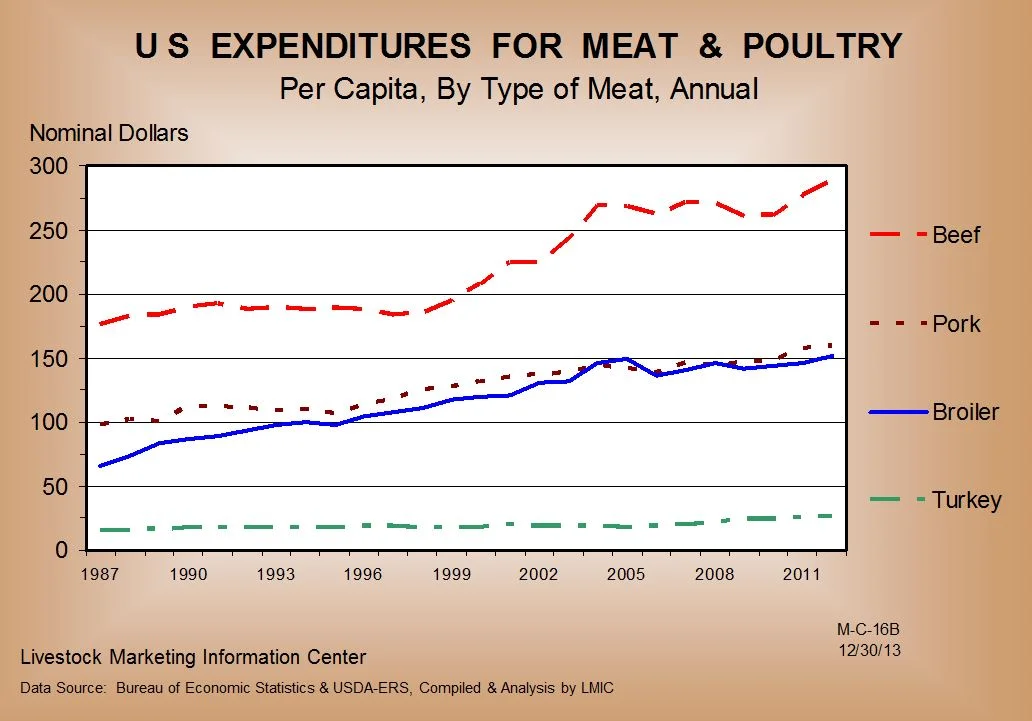I often hear claims to the effect that: food production is not the problem - we need more equitable distribution (e.g., see here, here, or here for just a few examples). The implication of this claim is that farmers should stop with all the technological innovation, fertilizers, and pesticides; let's just figure out better policies to get the food we already have to the people who need it.
There is an element of this claim that is based in fact. In an accounting sense, it is true that global production of food calories exceeds the daily requirement of calories from humans. But, it is a stretch to leap from that fact to the claim that the problem of food production is "solved". The problem with that thinking, in short, is that it mistakes an accounting problem for an economic one.
The REASON we have the number of calories we do now is (at least partially) a result of the incentives inherent in our current market system. If one removes those incentives and replaces them with, say, tariffs, export bans/subsidies, or some sort of forced food redistribution, then we wouldn't have any reason to expect the same volume of food production that we now enjoy. Moreover, we need to look beyond the accounting identity today and think about volume of production will be required to meet future food demand from a more populated world (indeed, we may have a hard time increasing crop yields according to some sources).
If one seriously believes the claim that "we have enough food production", we wouldn't expect much relationship between food prices and hunger (or food insecurity). Yet, from an economic standpoint, rising food prices will typically reflect scarcity (i.e., insufficient supply to meet current quantity demanded). I recently ran across this article published in Applied Economic Perspectives and Policy by Christian Gregory and Alisha Coleman-Jensen of the Economic Research Service at the USDA. Here is a portion of the abstract:
While research establishing the link between high food prices and increased food insecurity in developing countries is robust, similar research about the United States has been lacking. This has been due in part to a lack of suitable price data, but it has also been due to the assumption that prices matter less in the United States, where households spend a relatively small fraction of their income on food. In this article we examine the role that local food prices play in determining food insecurity in the United States by using newly-developed price data. We examine whether low-income households participating in the Supplemental Nutrition Assistance Program (SNAP, formerly Food Stamps) are more likely to be food insecure in areas where food prices are higher. We find that the average effect of food prices on the probability of food insecurity is positive and significant: a one-standard deviation increase in food prices is associated with increases of 2.7, 2.6, and 3.1 percentage points in household, adult, and child food insecurity, respectively. These marginal effects amount to 5.0%, 5.1%, and 12.4% increases in the prevalence of food insecurity for SNAP households, adults, and children, respectively.
In short: when we don't produce enough food, food prices rise. When food prices rise, there are more hungry people - even in a rich country like the US. Those statements would seem rather obvious were it not for claims like:
scarcity is clearly not the cause of hunger


